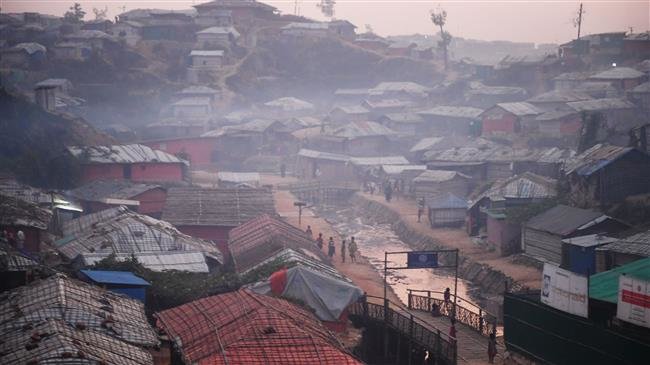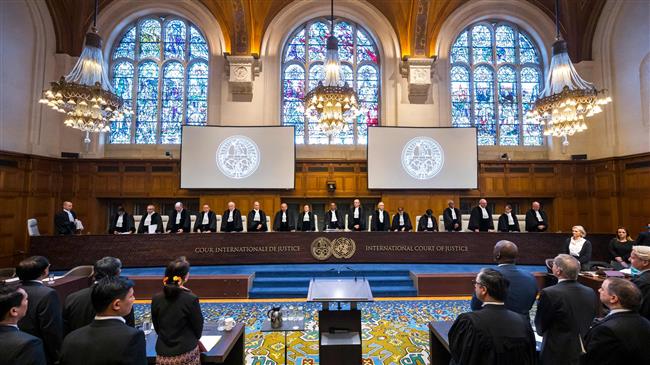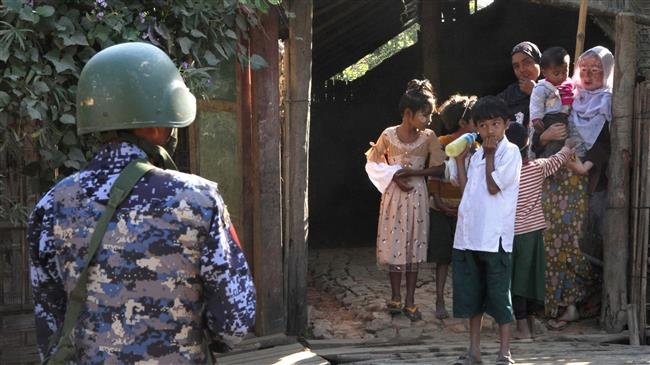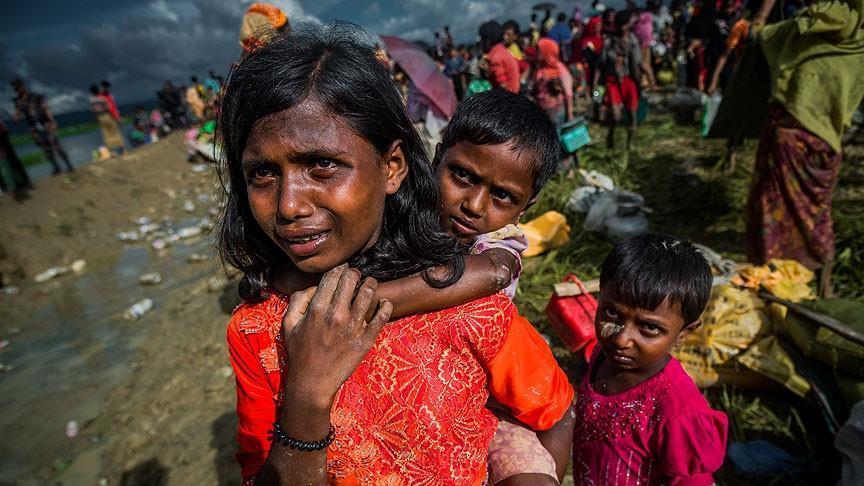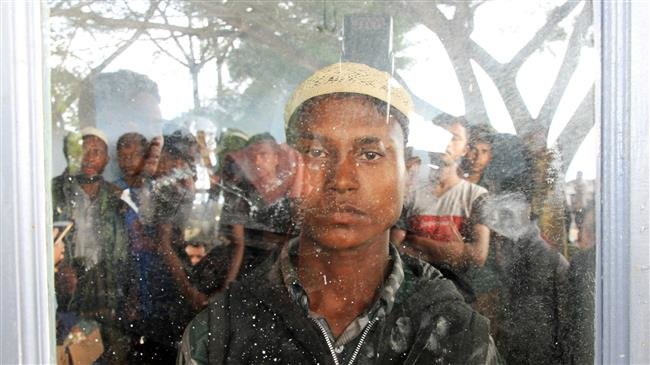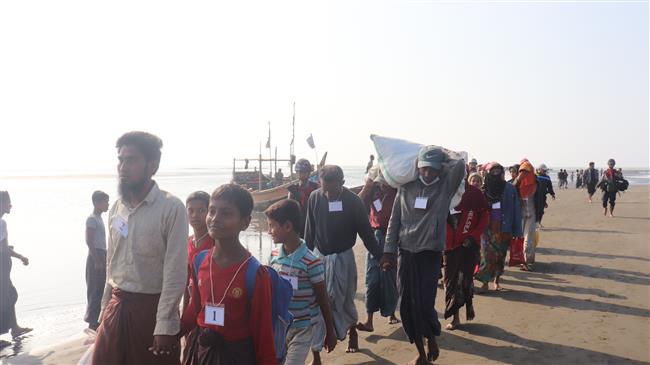The United Nations has expressed grave concerns about the condition of civilians in Myanmar’s state of Rakhine, calling on the government to allow “rapid and unimpeded” humanitarian access to the region.
Publish dateTuesday 15 January 2019 - 06:33
Story Code : 177891
AVA- The plea on Monday came after officials in Rakhine issued a notice last week that banned non-governmental organizations and UN agencies from traveling to rural areas in five townships in the northern and central parts of the state affected by the conflict in recent years.
"We are seriously concerned about new restrictions on humanitarian access which leave thousands of women, children and men in affected areas of Rakhine without access to adequate assistance and protection,” said Pierre Peron, a spokesman for the UN Office for the Coordination of Humanitarian Affairs.
“We hope the government responds positively to our call for rapid and unimpeded humanitarian access, and to ensure the protection of civilians in accordance with international humanitarian and human rights law,” he added.
Rakhine state -- once home to hundreds of thousands of Rohingya Muslims -- has been the scene of successive rounds of violence against the Rohingya following a military crackdown in recent years.
The Rohingya, the world’s most persecuted ethnic minority, have been attacked and driven out of their native Rakhine State in what the UN investigators as well as international rights groups have denounced as “an ongoing genocide.”
Rohingya Muslims were subjected to a campaign of killings, rape, arbitrary arrests, and arson attacks by the military and Buddhist mobs in Rakhine mainly between late 2016 and August 2017.
The brutal campaign forced some 700,000 Rohingya to flee their homeland since August 2017 and seek refuge in neighboring Bangladesh. There, they are confined to squalid, overcrowded camps and face forced return back to Myanmar.
Rohingya Muslims, who have lived in Myanmar for generations, are denied citizenship and are branded illegal emigrants from Bangladesh, which likewise denies them citizenship.
Their former communities in Myanmar have been razed. Report say Buddhists have been shuttled and settled there in newly-built structures to repopulate the area.
In late October, Bangladesh and Myanmar agreed to begin to return hundreds of thousands of the Rohingya refugees who fled last year.
But the refugees are not willing to return because of serious security concerns.
"We are seriously concerned about new restrictions on humanitarian access which leave thousands of women, children and men in affected areas of Rakhine without access to adequate assistance and protection,” said Pierre Peron, a spokesman for the UN Office for the Coordination of Humanitarian Affairs.
“We hope the government responds positively to our call for rapid and unimpeded humanitarian access, and to ensure the protection of civilians in accordance with international humanitarian and human rights law,” he added.
Rakhine state -- once home to hundreds of thousands of Rohingya Muslims -- has been the scene of successive rounds of violence against the Rohingya following a military crackdown in recent years.
The Rohingya, the world’s most persecuted ethnic minority, have been attacked and driven out of their native Rakhine State in what the UN investigators as well as international rights groups have denounced as “an ongoing genocide.”
Rohingya Muslims were subjected to a campaign of killings, rape, arbitrary arrests, and arson attacks by the military and Buddhist mobs in Rakhine mainly between late 2016 and August 2017.
The brutal campaign forced some 700,000 Rohingya to flee their homeland since August 2017 and seek refuge in neighboring Bangladesh. There, they are confined to squalid, overcrowded camps and face forced return back to Myanmar.
Rohingya Muslims, who have lived in Myanmar for generations, are denied citizenship and are branded illegal emigrants from Bangladesh, which likewise denies them citizenship.
Their former communities in Myanmar have been razed. Report say Buddhists have been shuttled and settled there in newly-built structures to repopulate the area.
In late October, Bangladesh and Myanmar agreed to begin to return hundreds of thousands of the Rohingya refugees who fled last year.
But the refugees are not willing to return because of serious security concerns.
Source : خبرگزاری Afghn Voice Agency(AVA)
avapress.net/vdccomqss2bqm48.-ya2.html
Tags
Top hits
